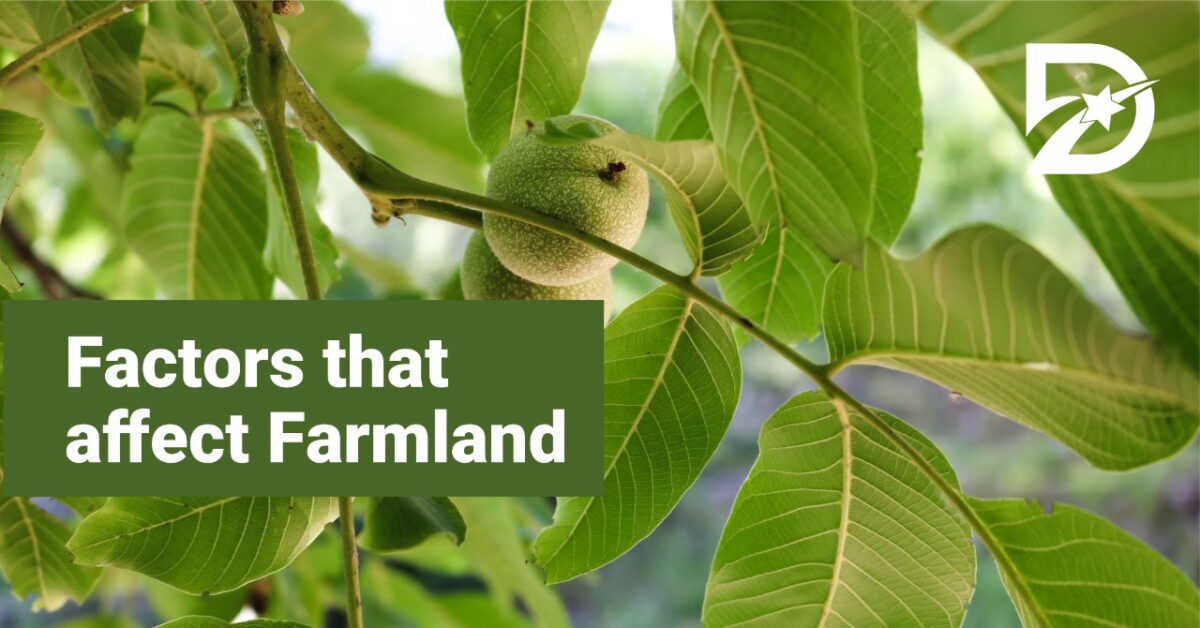Values
Almost two decades ago, farmland prices were consolidated with little to no buyers. One reason behind this could have been regulations for preventing land ownership concentration. Another reason could be that buyers had limited reasons to purchase land. However, looking at the present statistics, one can say that the times have changed and the outlook of buyers toward purchasing farmlands is continuously changing for the better.
The demand and supply in the market play a major role in deciding the prices for farmland. Demand greater than supply leads to higher prices while demand lesser than supply leads to decreased prices. Let us now take a look at some of the major factors that affect the demand for farmland and ultimately affect farmland prices:
1. Growing demand for houses: There are two things that make investors want to buy farmland. First, liberalization increased the number of jobs and incomes and made more people want to buy homes. Second, until the middle of the 1990s, almost everyone bought a house with cash. Around the year 2000, the credit housing market started to grow. This has brought a huge number of new people into the housing market. This has made land prices go up. As builders and buyers move to towns and villages, their demand drives up the prices of farmland faster than other financial and real assets.
2. Profitable Investment: Even investments in urban property haven’t done as well as those in farmland. Land that is only used for farming appreciates faster. This has made investors a second group of people who want to buy.
3. Commodity prices: When the prices of commodities like grains are low, the farmers lose their ability to spend much on land. This decreases the demand for land and leads to a decrease in prices.
4. Location: Location plays a key role in any real-estate purchase decision. In India, farmlands are mostly concentrated in rural or semi-urban areas that have little to no development. Still, people started buying land far from cities when they saw land prices in peri-urban areas going up because they thought they would make a lot of money when the city grew. In the same way, businesspeople in small towns knew they couldn’t buy land near big cities, so they started buying land on the edges of their own towns. Their bet is that rates can only go up because as the population grows, there will be less land to go around.
5. Soil type: If the quality of the soil of any particular farmland is good, it is likely to retain a value that is stronger and longer than land with low-quality soil.
6. Stock market: If the stock market is bearish, many investors look for alternative ways to invest their money for better returns. Investing in farmland is one such investment option. This too increases the demand and prices of farmland.
